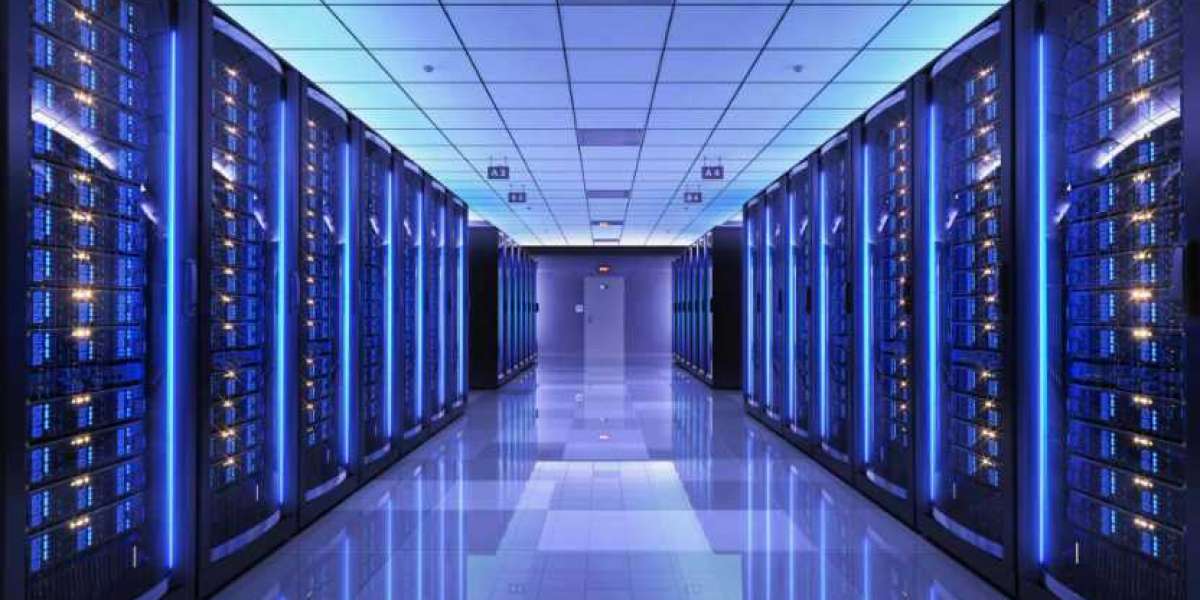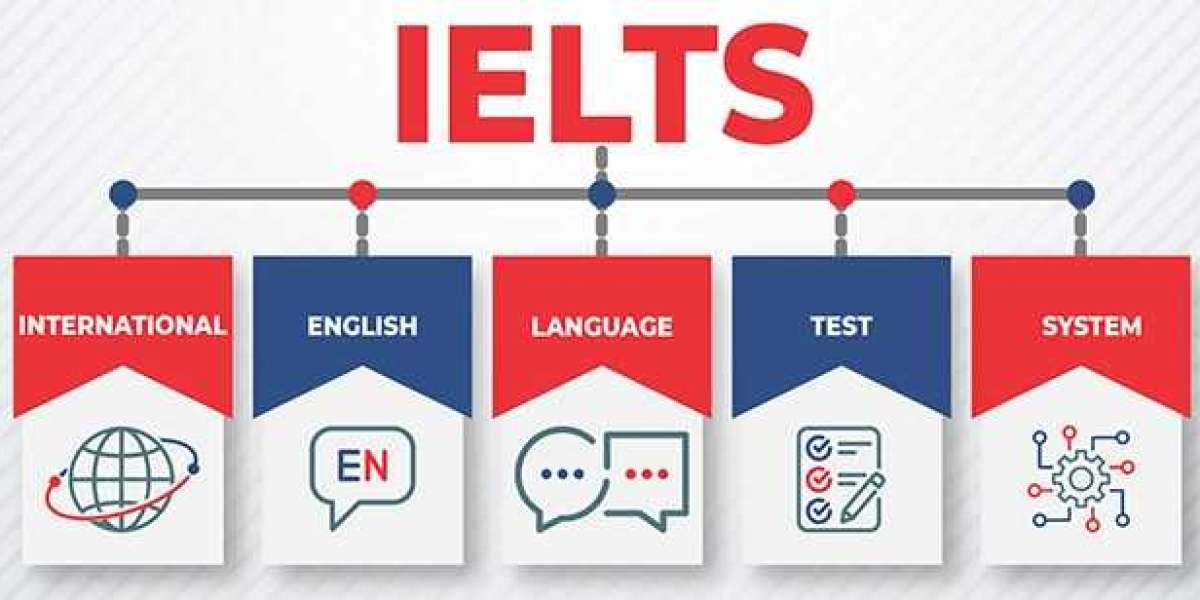In the rapidly evolving landscape of technology, data centers remain the backbone of our digital world. As organizations generate and process unprecedented volumes of data, the need for efficient, resilient, and scalable data center operations has never been greater. Enter artificial intelligence (AI) and machine learning (ML) – two transformative technologies reshaping the way modern data centers operate.
Enhancing Efficiency and Performance
AI and ML algorithms excel at analyzing vast amounts of data quickly and accurately. In data centers, these technologies are deployed to monitor and manage resources in real-time. For example, AI can predict peak usage times and adjust workloads accordingly, ensuring optimal performance and reducing downtime. Machine learning models can identify patterns and anomalies that human operators might miss, allowing for proactive maintenance and preventing potential failures.
Predictive Maintenance and Reduced Downtime
One of the most significant benefits of AI and ML in data centers is predictive maintenance. Traditional maintenance schedules are often based on fixed intervals, which can be inefficient and costly. AI-driven predictive maintenance, on the other hand, uses sensor data and historical trends to predict equipment failures before they occur. This approach not only minimizes downtime but also extends the lifespan of critical infrastructure components.
Energy Efficiency and Cost Savings
Energy consumption is a major concern for data centers, both from an environmental and a financial perspective. AI and ML can optimize cooling systems, power usage, and overall energy efficiency. For instance, AI algorithms can dynamically adjust cooling systems based on real-time temperature and workload data, reducing energy consumption and costs. Google's data centers have reportedly achieved up to 40% reduction in cooling energy usage by leveraging AI.
Improved Security and Threat Detection
Data centers are prime targets for cyberattacks, and traditional security measures can struggle to keep up with the evolving threat landscape. AI and ML enhance security by providing advanced threat detection and response capabilities. Machine learning models can analyze network traffic, user behavior, and access patterns to identify suspicious activities and potential breaches. This proactive approach allows data centers to respond to threats in real-time, mitigating risks and protecting sensitive information.
Automation and Simplified Management
Managing a data center involves a myriad of complex tasks, from provisioning and deployment to monitoring and troubleshooting. AI-powered automation simplifies these processes, allowing IT teams to focus on strategic initiatives rather than routine tasks. Automated systems can handle workload balancing, resource allocation, and even software updates, improving overall operational efficiency.
Future Prospects
As AI and ML technologies continue to evolve, their impact on data centers will only grow. Future advancements may include even more sophisticated predictive analytics, deeper integration with edge computing, and enhanced support for hybrid cloud environments. The integration of AI and ML into data centers is not just a trend; it is a fundamental shift that promises to revolutionize how data centers are designed, operated, and maintained.
Conclusion
The role of AI and machine learning in modern data centers is multifaceted and transformative. From enhancing efficiency and performance to improving security and reducing costs, these technologies are crucial for meeting the demands of today’s digital economy. As data centers continue to adapt to the ever-increasing data loads and complexity, AI and ML will remain at the forefront, driving innovation and ensuring that data centers can support the future of technology.








